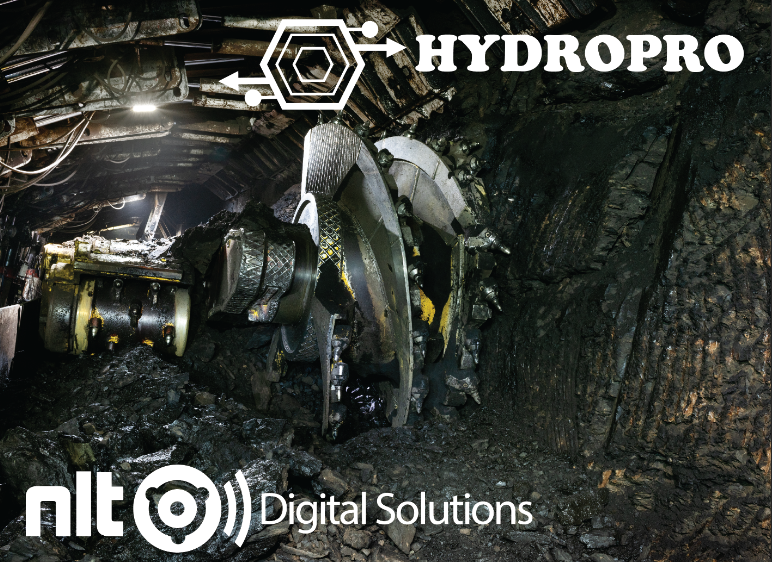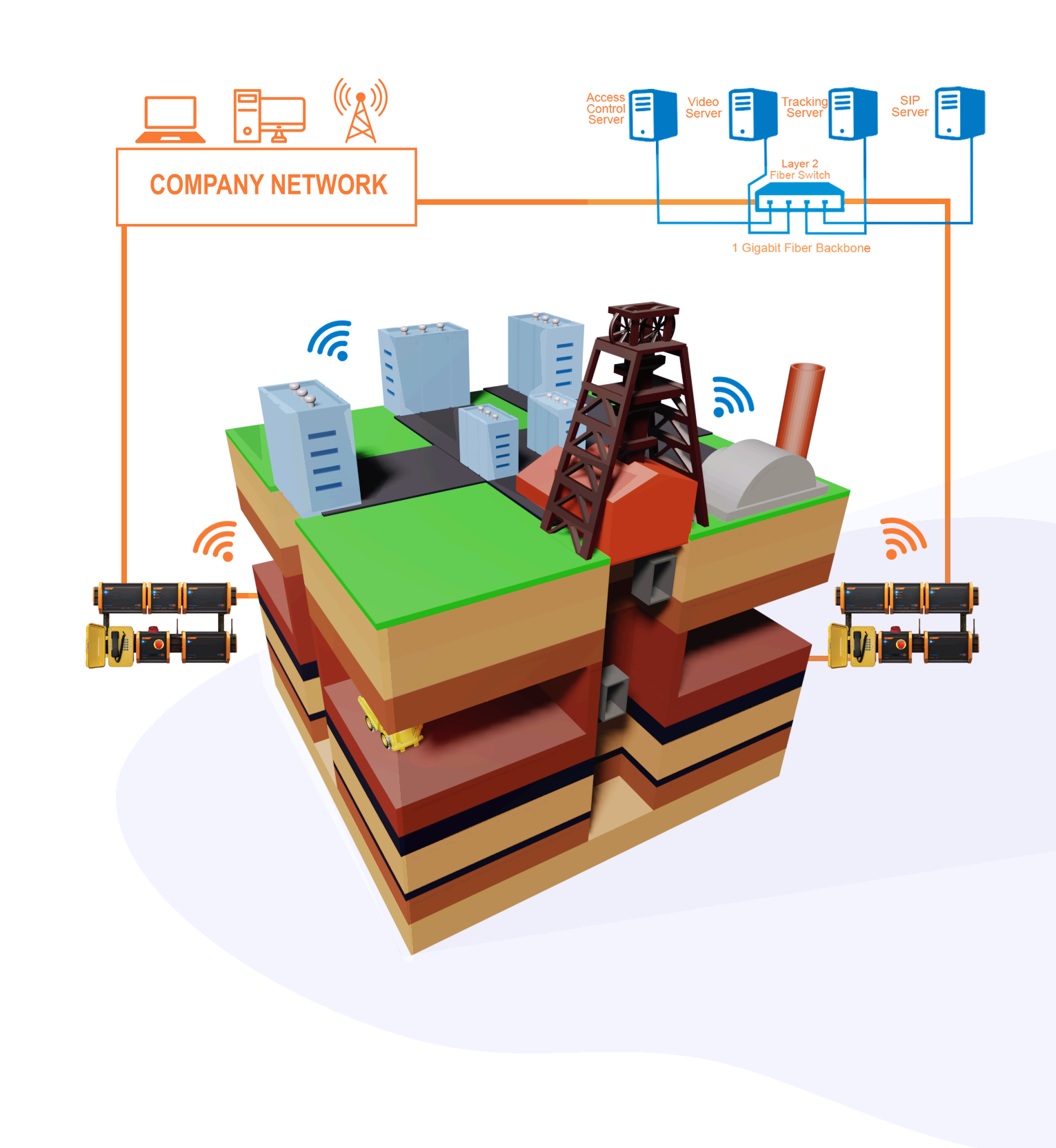In an age where environmental awareness is critical, environmental management has emerged as a key practice across industries. It involves the strategies and practices that organizations adopt to minimize their ecological footprint, comply with regulations, and protect the natural world. For industries like mining, where activities can significantly impact the environment, environmental management is both a necessity and an opportunity to operate more sustainably.
What is Environmental Management?
Environmental management encompasses planning, implementing, and monitoring measures to reduce an organization’s environmental impact. It involves creating policies and setting up systems to manage waste, reduce emissions, conserve resources, and rehabilitate areas affected by operations. Environmental management aims to balance business needs with ecological preservation, promoting sustainability while aligning with environmental laws.
Key Components of Environmental Management
Environmental management is a comprehensive field with several core components:
- Environmental Impact Assessment (EIA): Evaluates potential environmental impacts of a project or operation and helps guide decision-making to minimize harm.
- Waste Management: Focuses on reducing, reusing, and recycling materials to reduce pollution and landfill waste.
- Resource Conservation: Manages natural resources like water, land, and minerals to ensure sustainable use and avoid depletion.
- Emissions Control: Tracks and reduces greenhouse gas emissions to mitigate climate change.
- Rehabilitation and Restoration: Involves restoring ecosystems affected by industrial activities, especially in sectors like mining.
The Role of Environmental Management in Mining
Mining is an industry with high environmental risks due to its potential impact on land, water, and air quality. Without proper management, mining activities can lead to soil erosion, habitat destruction, water contamination, and air pollution. Environmental management in mining addresses these issues by implementing sustainable practices, such as:
- Mine site rehabilitation: Ensuring mined land is restored to a stable, usable condition, whether through re-vegetation or converting land for other uses.
- Water management: Monitoring and treating water used in mining processes to prevent contamination of local water sources.
- Emissions reduction: Implementing dust control and air filtration systems to manage air quality around mine sites.
- Waste management: Managing tailings and other mining byproducts safely to prevent environmental contamination.
Benefits of Environmental Management in the Mining Industry
Implementing effective environmental management systems (EMS) in mining yields several advantages:
- Compliance and Risk Reduction: Ensures compliance with environmental regulations, reducing the risk of legal penalties.
- Cost Savings: Reduces waste and resource use, leading to cost savings and more efficient operations.
- Enhanced Reputation: Shows a commitment to sustainability, which can attract investors, customers, and partnerships.
- Long-term Viability: Protects local ecosystems, making it easier for mining companies to gain community support and maintain a social license to operate.
Environmental Management Strategies for Other Industries
While environmental management is crucial in mining, it is equally important in other sectors like manufacturing, agriculture, construction, and energy. Key strategies include:
- Sustainable Sourcing: Ensuring that raw materials are obtained in a way that minimizes environmental impact.
- Energy Efficiency: Reducing energy consumption through upgraded technologies, energy audits, and renewable energy sources.
- Pollution Control: Implementing filtration systems, emission controls, and waste reduction strategies to protect air, water, and soil quality.
The Future of Environmental Management
The future of environmental management lies in the integration of advanced technologies and data analytics. Environmental monitoring systems, real-time data collection, and IoT devices allow companies to track their environmental impact continuously. Innovations in waste management, renewable energy, and eco-friendly materials are making it easier for companies to lower their ecological footprint. Furthermore, as environmental regulations tighten globally, businesses will increasingly prioritize environmental management as a core part of their operations.
Conclusion
Environmental management is an essential practice for modern industries, particularly those with a significant environmental impact, such as mining. By adopting comprehensive management strategies, companies can minimize their ecological footprint, protect natural resources, and contribute to a more sustainable future. This commitment to environmental responsibility benefits not only the planet but also companies, helping them to comply with regulations, build a positive reputation, and ensure long-term operational success.








